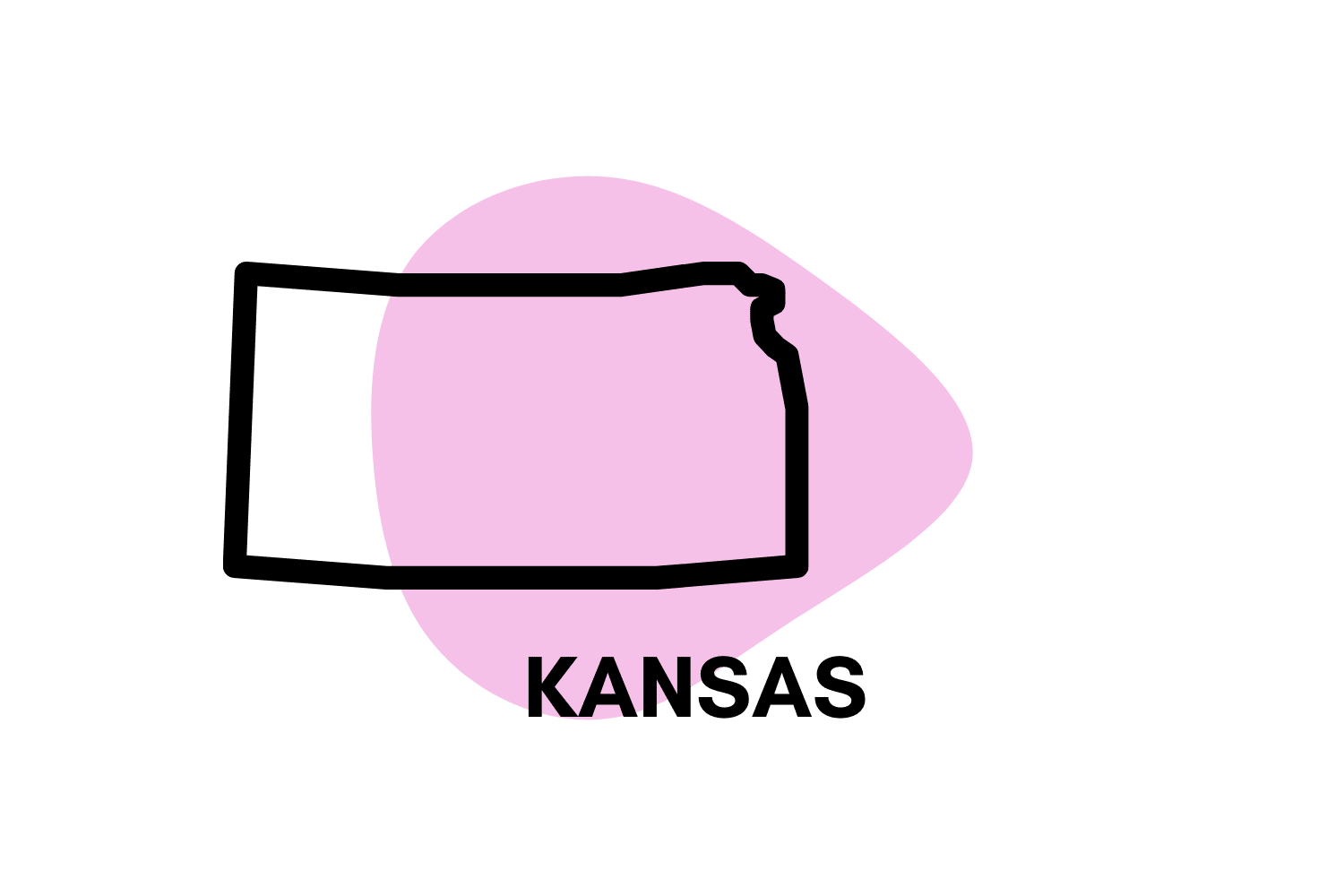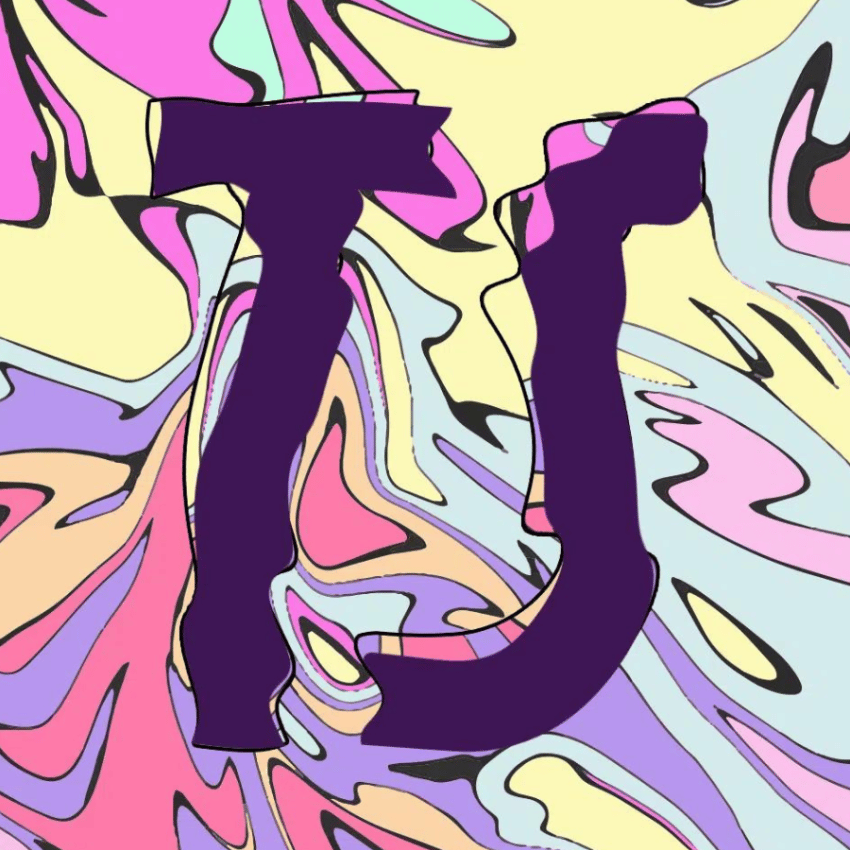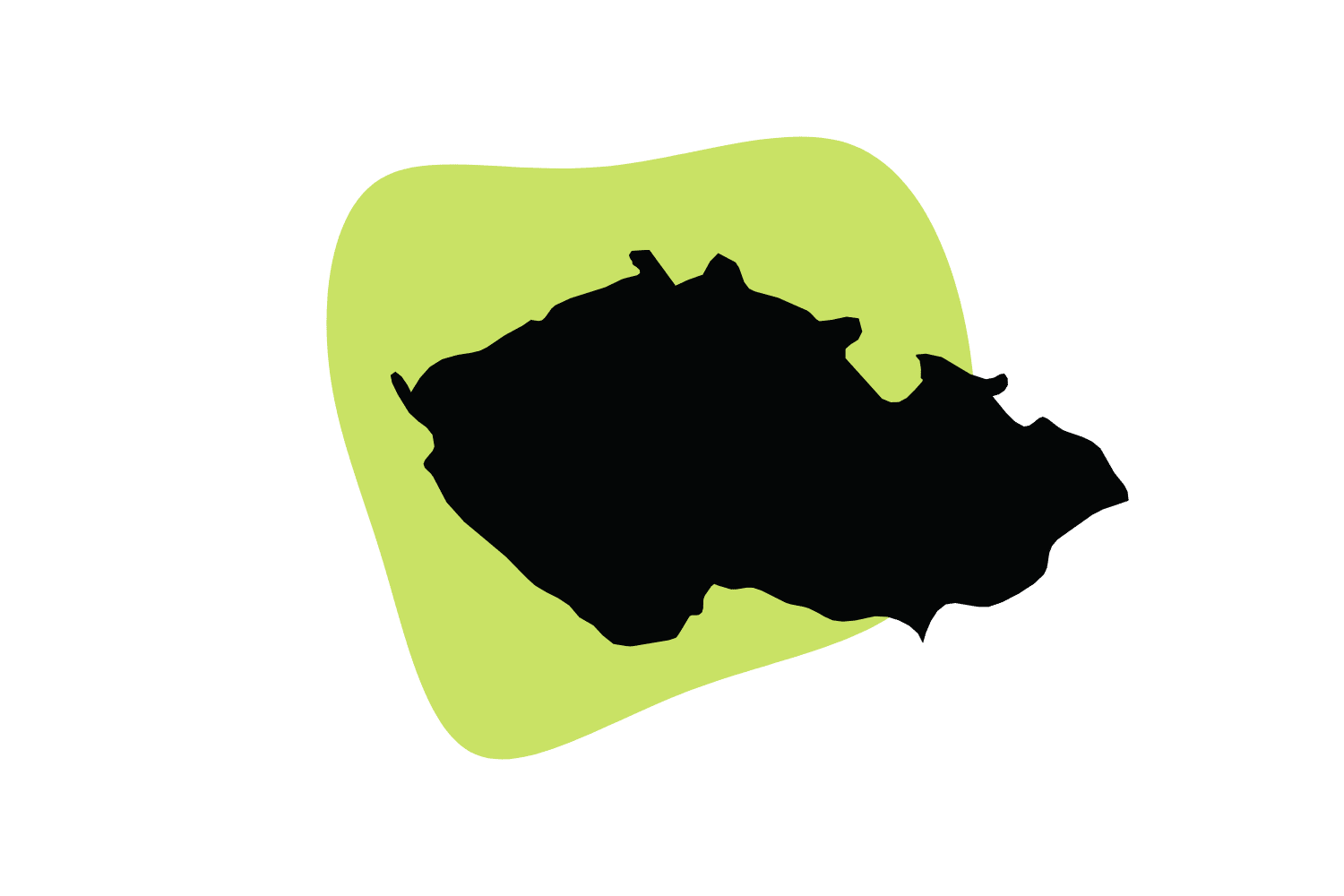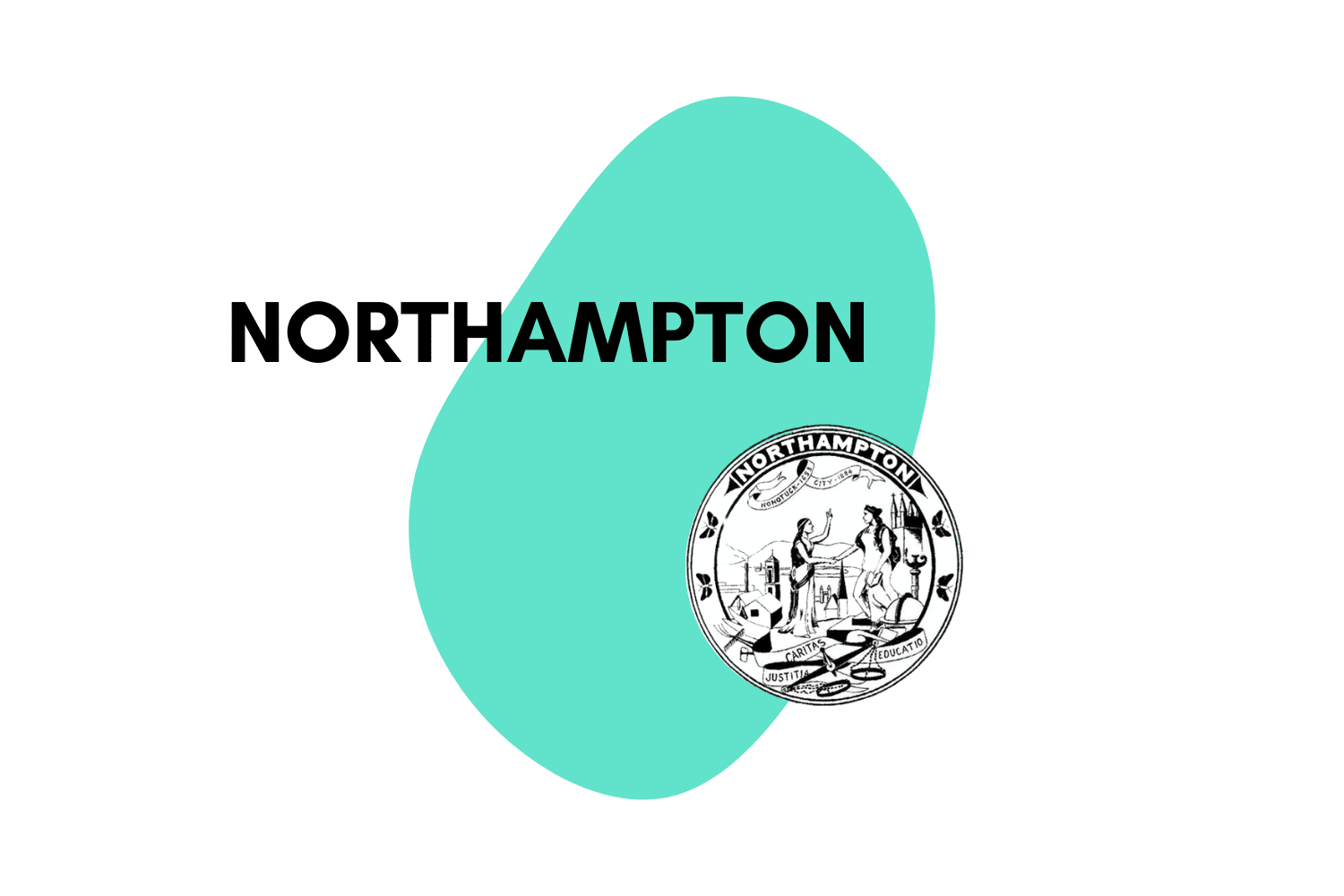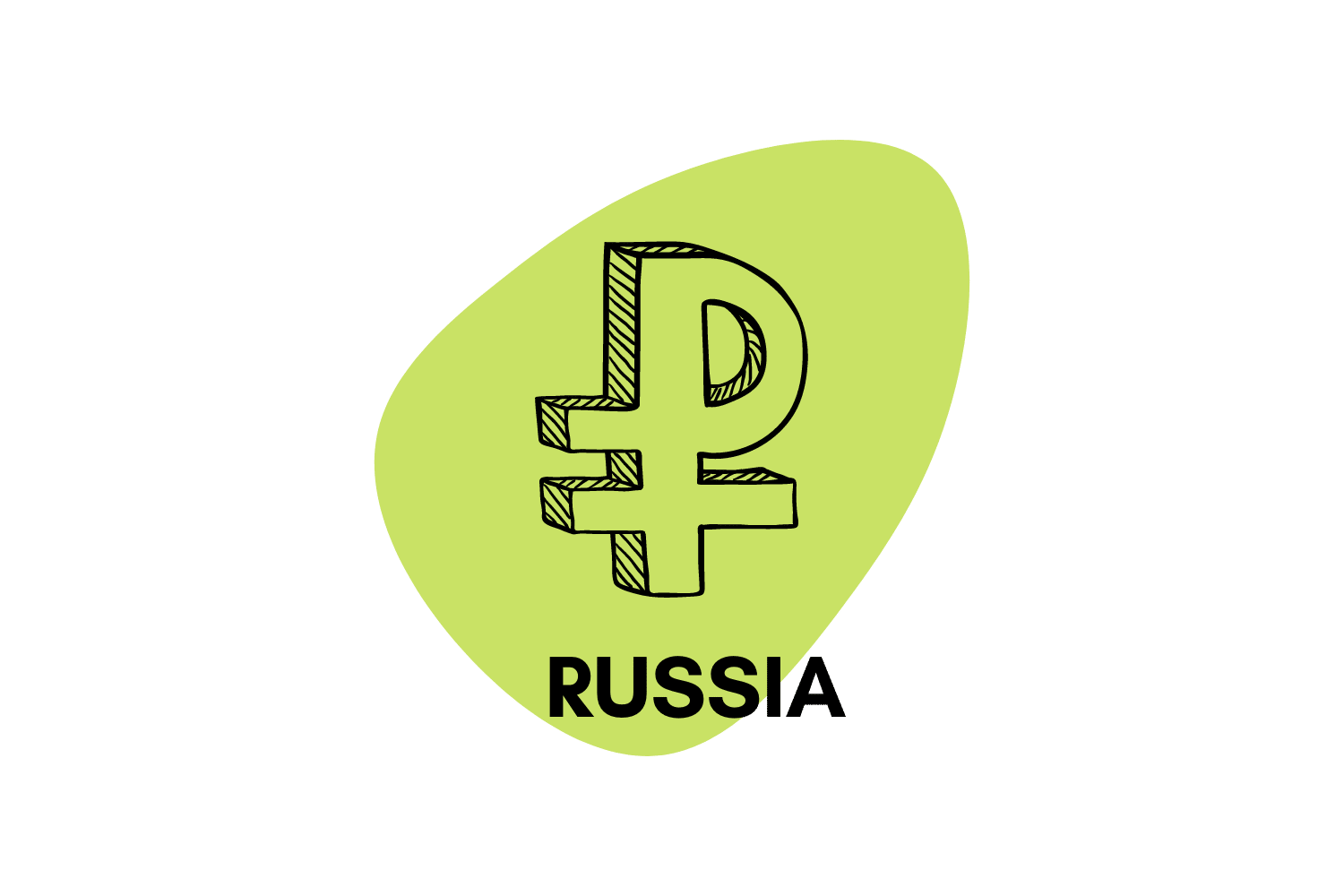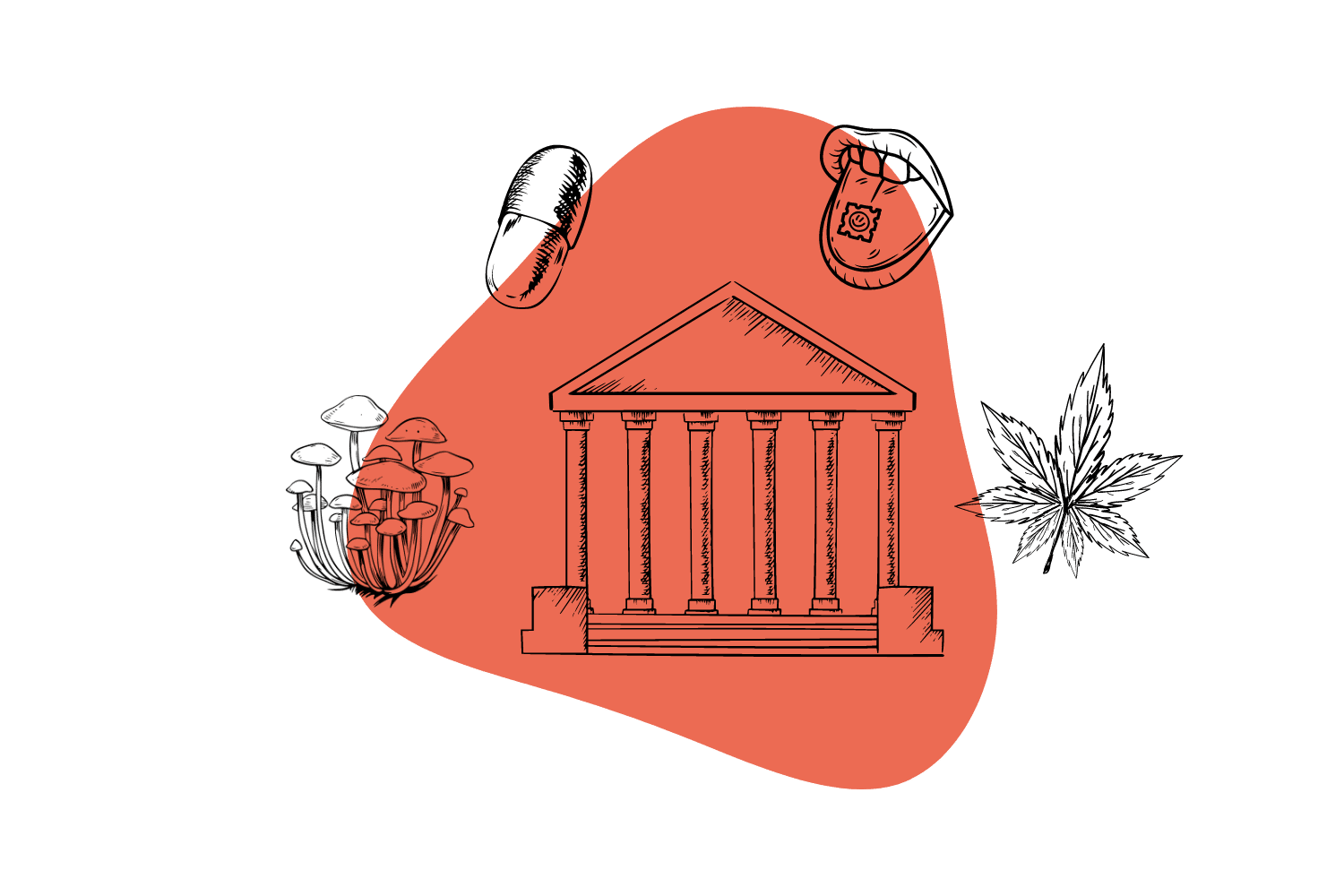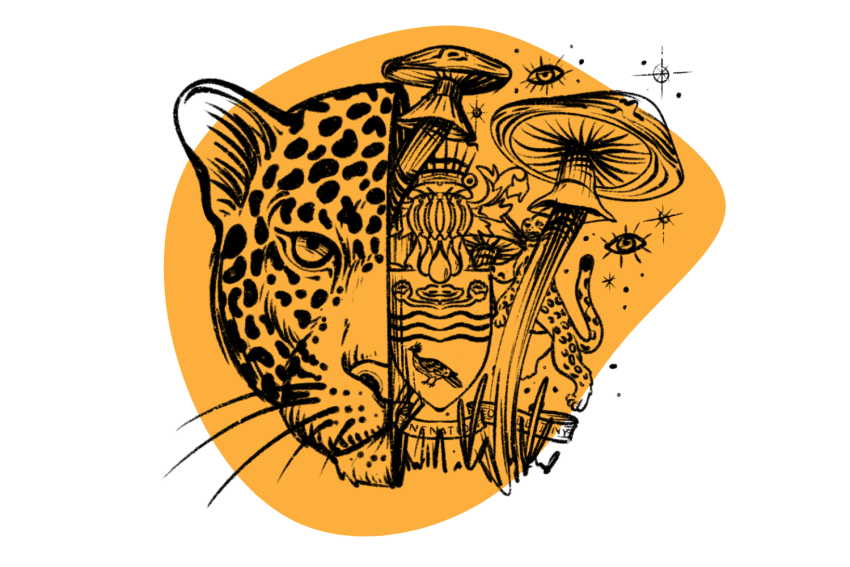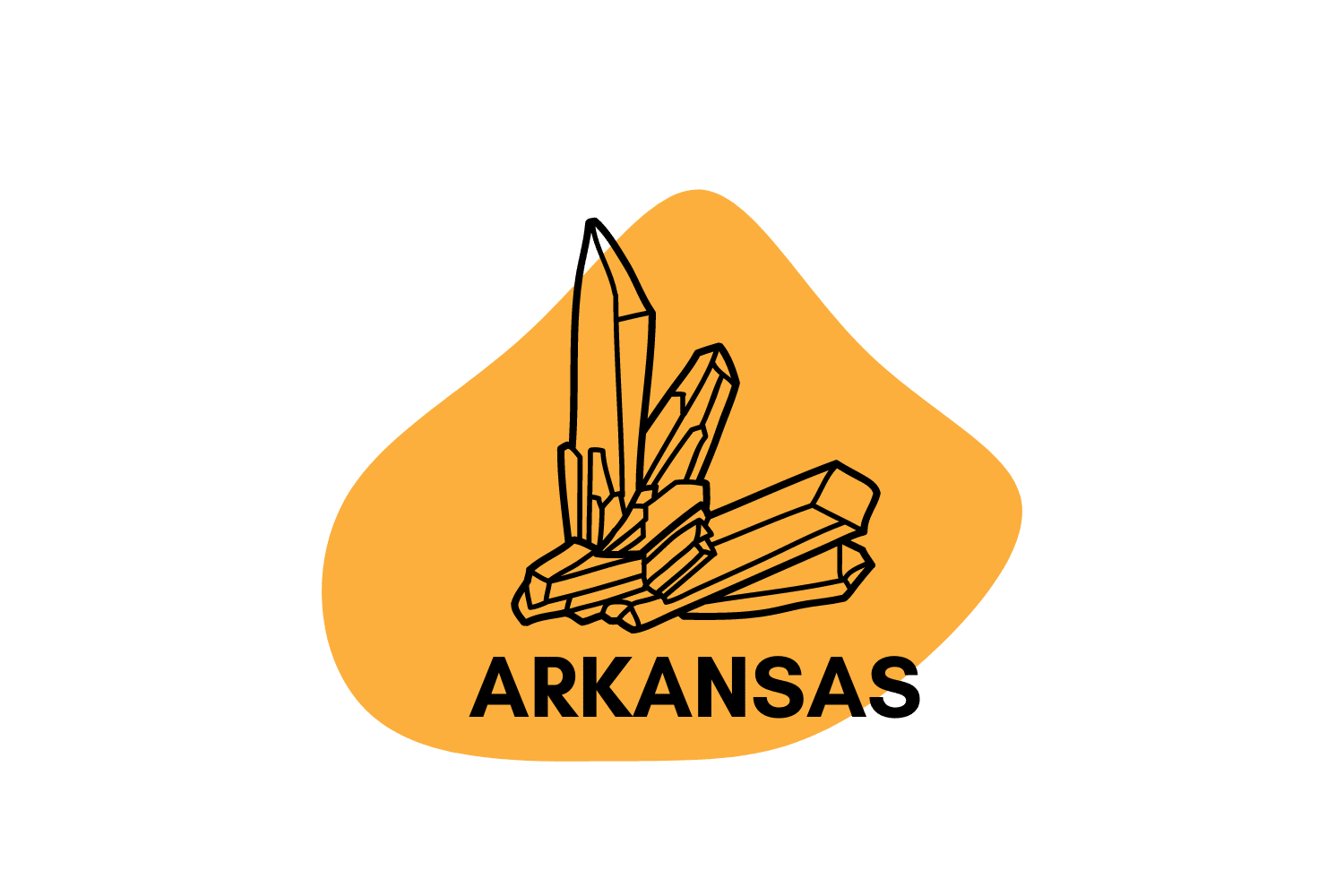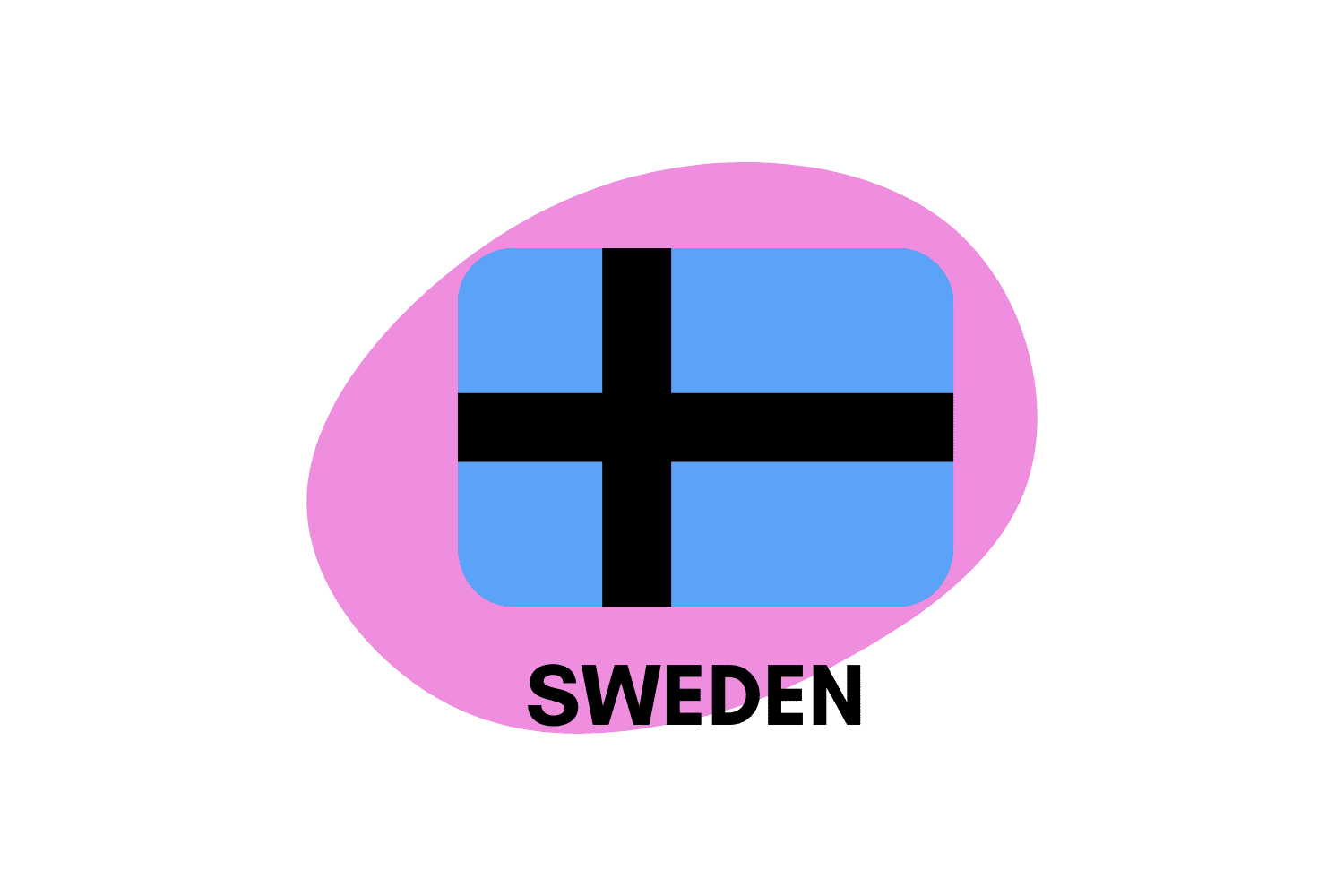Psychedelic Laws Still Have a Long Way to Go In South Dakota
S. Dakota is making progress with its weed laws. Could psychedelics be next??
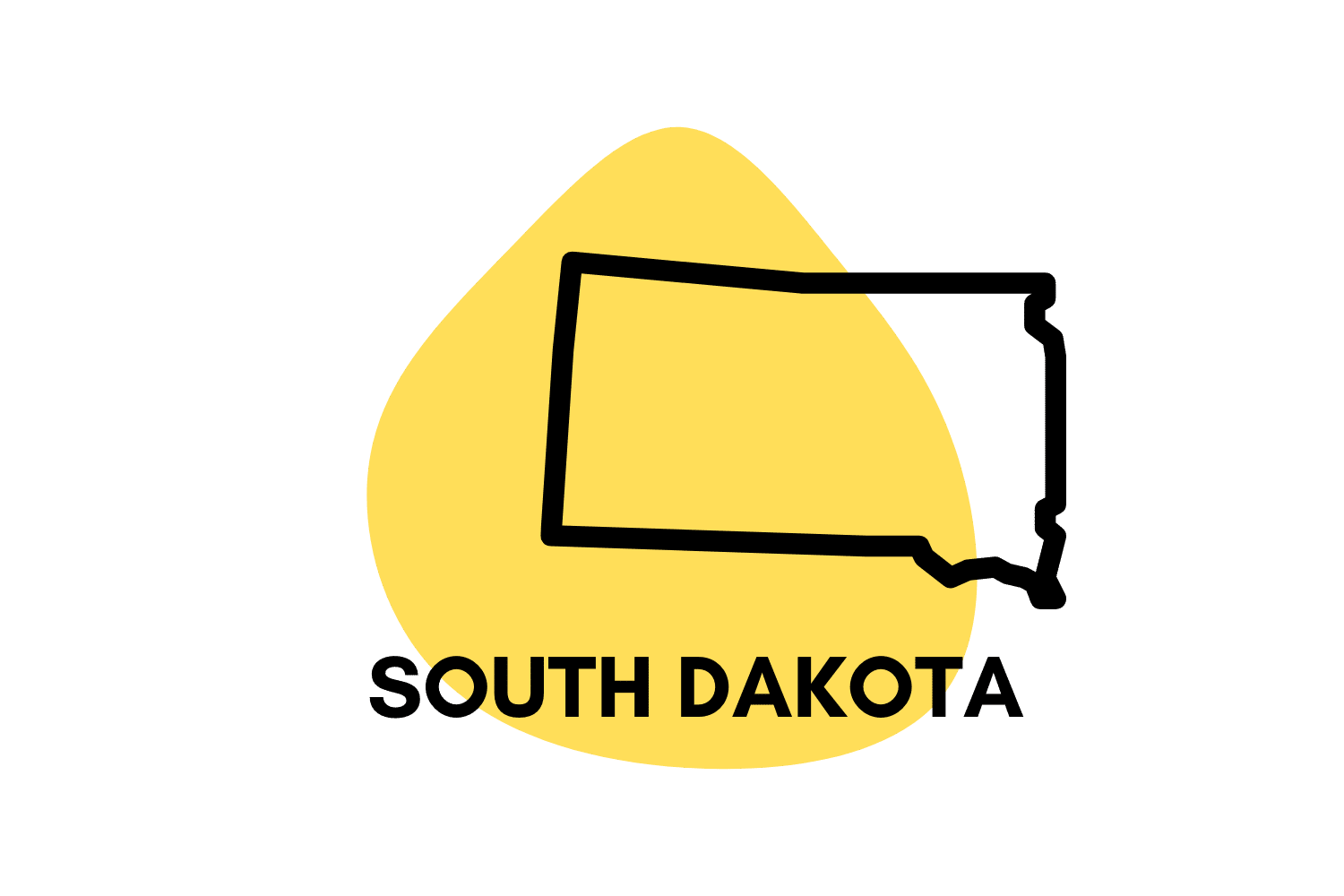
A movement to decriminalize or legalize various drugs is sweeping the nation, and South Dakota is now a part of this trend.
This article covers the legal status of shrooms and other psychedelics in this state and why it’s time to reconsider the laws.
We’ll also explore what changes could be just around the corner in South Dakota’s drug policy.
Are Magic Mushrooms Legal in South Dakota?
Magic mushrooms are illegal in South Dakota.
The state classifies psilocybin (the psychoactive alkaloid) as a Schedule I drug. Its use and possession is a Class 5 felony.
If you’re charged, the penalties vary according to previous charges and the amount possessed. Penalties include a fine of up to $10,000, up to five years in prison, or both.
Map of Magic Mushroom Decriminalization In the USA
Where To Buy Magic Mushroom Spores in South Dakota
Interestingly, magic mushroom spores are legal in most states, including South Dakota. You can buy magic mushroom spores for “microscopy research purposes,” but you can’t grow them to produce mushrooms.
Spores are legal because they don’t contain psilocybin or psilocin. However, once germinated, the mycelium will start to produce psilocybin, making them illegal once again.
Do Magic Mushrooms Grow Wild in South Dakota?
Magic mushrooms grow wild across the continental US, including South Dakota.
With that said, South Dakota’s climate doesn’t allow for a plethora of shrooms to grow, but there are a few species you may find around parklands and in forests with lots of decaying leaf matter lying around.
The most common species of psilocybin-containing fungi found in South Dakota are Gymnopilus sp. and Panaeolus cinctulus.
What Are the Medicinal Uses of Shrooms?
There are numerous medical uses for magic mushrooms. Jeremy Daniel, an assistant professor at South Dakota State University College of Pharmacy and Allied Health Professions, published a literature review of psilocybin studies in 2017 [1].
Their research shows a possible decrease in depressive mood symptoms and suicidal tendencies.
The participants also experienced improved symptoms of anxiety-related disorders, including obsessive-compulsive disorder, and helped to overcome alcohol and tobacco addiction.
The most well-studied benefits of magic mushrooms include the following:
- Addiction & Substance Abuse
- Cluster Headaches
- Depression
- Existential Anxiety (In Palliative Care)
- Post Traumatic Stress Disorder (PTSD)
Furthermore, psilocybin and other psychedelics have been shown to improve our problem-solving skills and boost creativity.
Is LSD Legal in South Dakota?
No, LSD is illegal in South Dakota.
LSD (lysergic acid diethylamide), and other lysergamide psychedelics, are listed as Schedule I drug in South Dakota and can mean up to a $10,000 fine or up to five years in prison.
List of LSD-analogs:
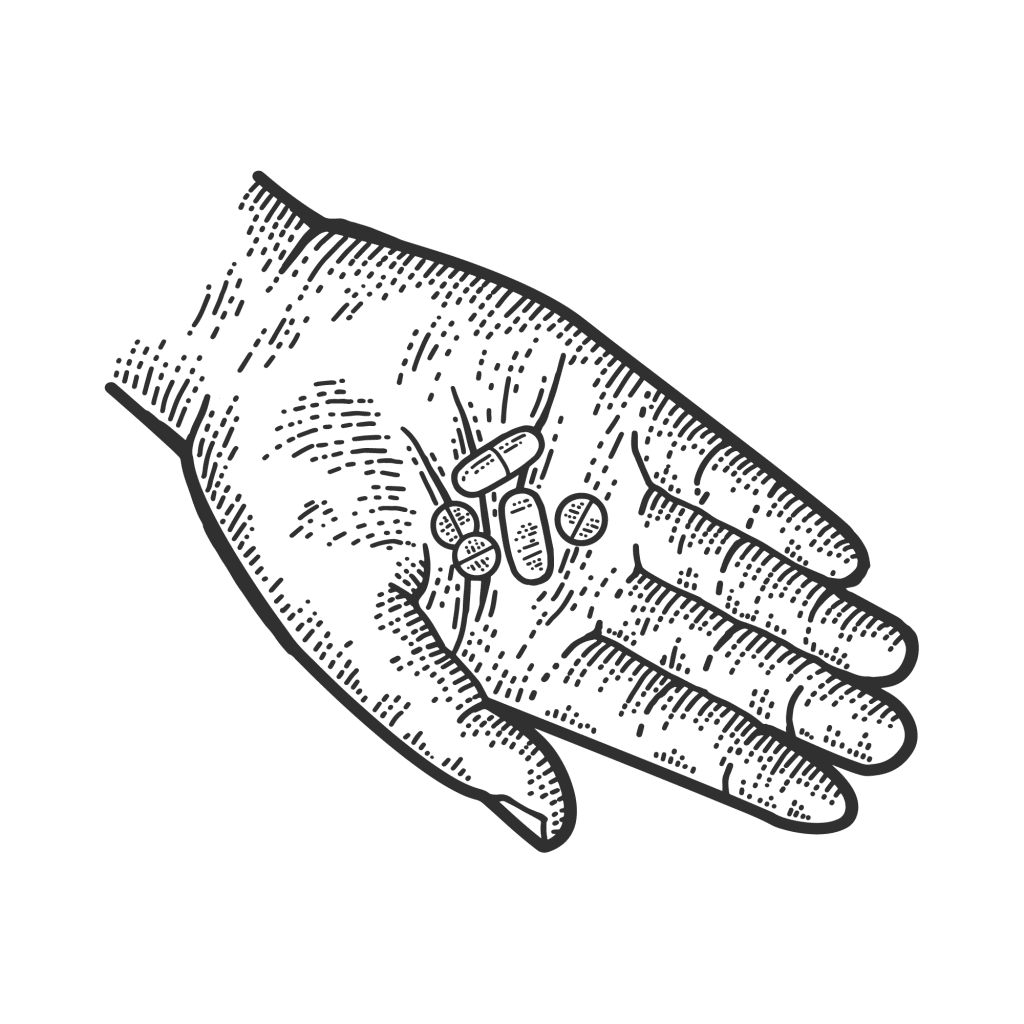
Is MDMA Legal in South Dakota?
MDMA is not legal in South Dakota — but this could change soon.
MDMA is listed as a Schedule I drug, which carries up to five years in prison or a $10,000 fine.
These laws may change soon since MDMA-assisted therapy for PTSD is in stage three of the clinical trials. It’s used along with other drugs in clinical settings for psychedelic-assisted therapy.
Is DMT Legal in South Dakota?
DMT (dimethyltryptamine) is a Schedule I controlled substance in South Dakota.
It’s illegal to produce, buy, possess, or distribute. Some places have recently decriminalized it, but it’s still illegal under South Dakota state law.
There’s one exception to this rule. Two religious groups, União do Vegetal and Santo Daime, have been granted legal access to the DMT-containing herbal mixture, ayahuasca.
Related: Ultimate Guide to DMT Vape Pens.
Is Ketamine Legal in South Dakota?
Ketamine is legal for medical use only in South Dakota. Recreational use is strictly prohibited.
It’s listed as a Schedule 3 drug and classified as a Class 6 felony. Its possession and use can bring up to two years in prison or $4,000 in fines.
Ketamine is used as anesthesia but also shows promise as a treatment for depression [2]. For example, ketamine infusion therapy is an innovative new treatment. It provides rapid relief for individuals who suffer from mood and pain disorders.
Many states are legalizing ketamine therapy for use with treatment-resistant depression and PTSD.
What’s the Difference Between Legalization & Decriminalization?
Controlled substances of all kinds have been at the forefront of conversation lately. Many states are sloughing off old ideologies and embracing the idea that some drugs have tremendous therapeutic potential.
The terms legalization and decriminalization often come up in these discussions, and while it might sound like they’re interchangeable, they are not.
Basically, legalization is the process of making a particular activity legal. As a result, all the punishments attributed to it are no longer in effect. When applying this to controlled substances, it means the laws allow the use and possession of the substance. Usually, the government places regulations on the production and sale of it.
On the other hand, decriminalization reduces criminal penalties but doesn’t eliminate them. Again, when talking about controlled substances, this means the penalties associated with a drug’s possession and use are decreased. Often these felony charges become misdemeanors (but not always).
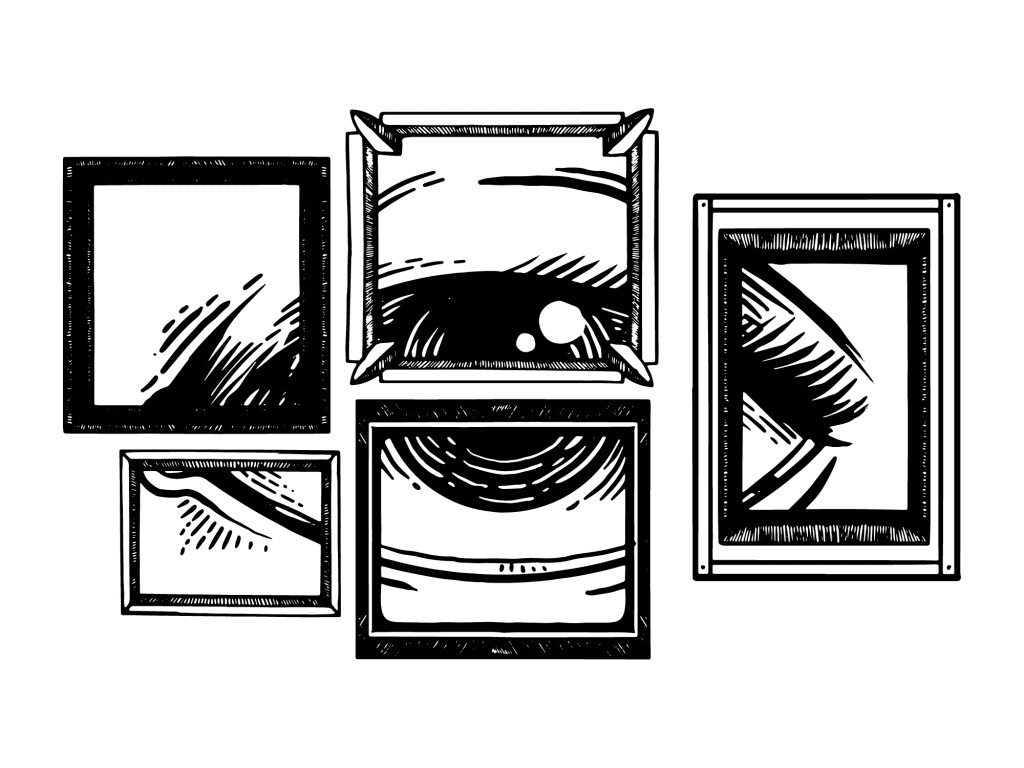
Key Takeaways: What’s the Future of Psychedelics in South Dakota?
South Dakota has taken several steps toward reforming its drug laws. From legalizing medical marijuana to an attempt at decriminalizing all controlled substances (Senate Bill 143 that died in the chamber), South Dakota is on the right track, even though the battle is far from over.
How long will it be before states like South Dakota reduce or remove the penalties for using psychedelics? We don’t know — the stigma attached to them is hard to overcome. However, with continued research and time, these drugs will eventually be available to use at least medicinally, if not recreationally.
Now that Denver (CO), Oakland (CA), and several other municipalities have decriminalized psilocybin, other cities and states around the country, including South Dakota, will hopefully follow this trend.
References
Daniel, J., & Haberman, M. (2017). Clinical potential of psilocybin as a treatment for mental health conditions. Mental Health Clinician, 7(1), 24-28.
- Krystal, J. H., Abdallah, C. G., Sanacora, G., Charney, D. S., & Duman, R. S. (2019). Ketamine: a paradigm shift for depression research and treatment. Neuron, 101(5), 774-778.

